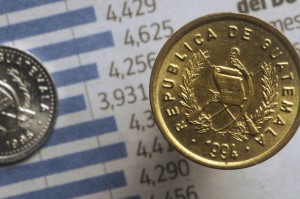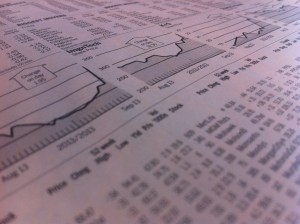
Clynton López
Clynton López is a professor at the Francisco Marroquín University since 2002 in the areas of economics and philosophy. He has a degree in Economics with a specialization in Finance from the Francisco Marroquín University and a master in Economics from the same university, both Magna Cum Laude. He studied executive programs at Boston University on Managerial Economics & Corporate Finance, the Master of Philosophy at the Rafael Landívar University (specialization in phenomenology), and the Post Graduate Degree in INCAE for Senior Management. In the professional field he has more than 10 years of management experience in banking and financial companies in Guatemala, California and Puerto Rico, and is a member of the Mont Pelerin Society.
The Guatemalan banking system, much like the country’s macroeconomic indicators, has been very stable the last few years. The bankruptcies that affected banks and financial intermediaries seem to have been forgotten. In recent history, bankruptcies by financial intermediaries are due to technical mismanagement, scams, or government corruption.
Click here to continue readingHistorically, the Guatemalan economy has had low volatility. For the past twenty years, the average growth rate has been 3.5%. [1] This level of volatility is generally lower than that of the other economies in the region. However, as the country suffers its worst political crisis since 1993, the question on everyone’s mind is, Will the political crisis affect the economy?
Click here to continue readingCreditors of private and government debt generally perform credit analyses, first to grant a loan or purchase bonds, and then eventually to evaluate debt restructurings.
Click here to continue readingGreece’s delayed payment on its debt, its possible default, and an eventual exit from the euro have been some of the most widely covered news stories in the media over the last weeks. What would be the implications of a Greek default? What would be the implications of an eventual Greek exit from the euro?
Click here to continue readingWhen talking about economic recovery, a distinction must be made between short-term and long-term effects. We’ll label as short-term effects those that last less than a year, and as mid and long term those that last more than a year. In practice, three to five years are needed to determine if effects are long lasting or not.
Click here to continue readingGet our free exclusive report on our unique methodology to predict recessions







